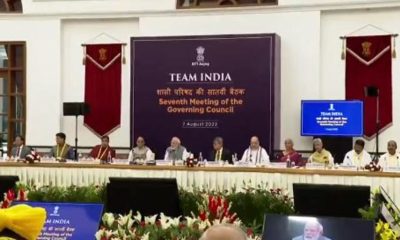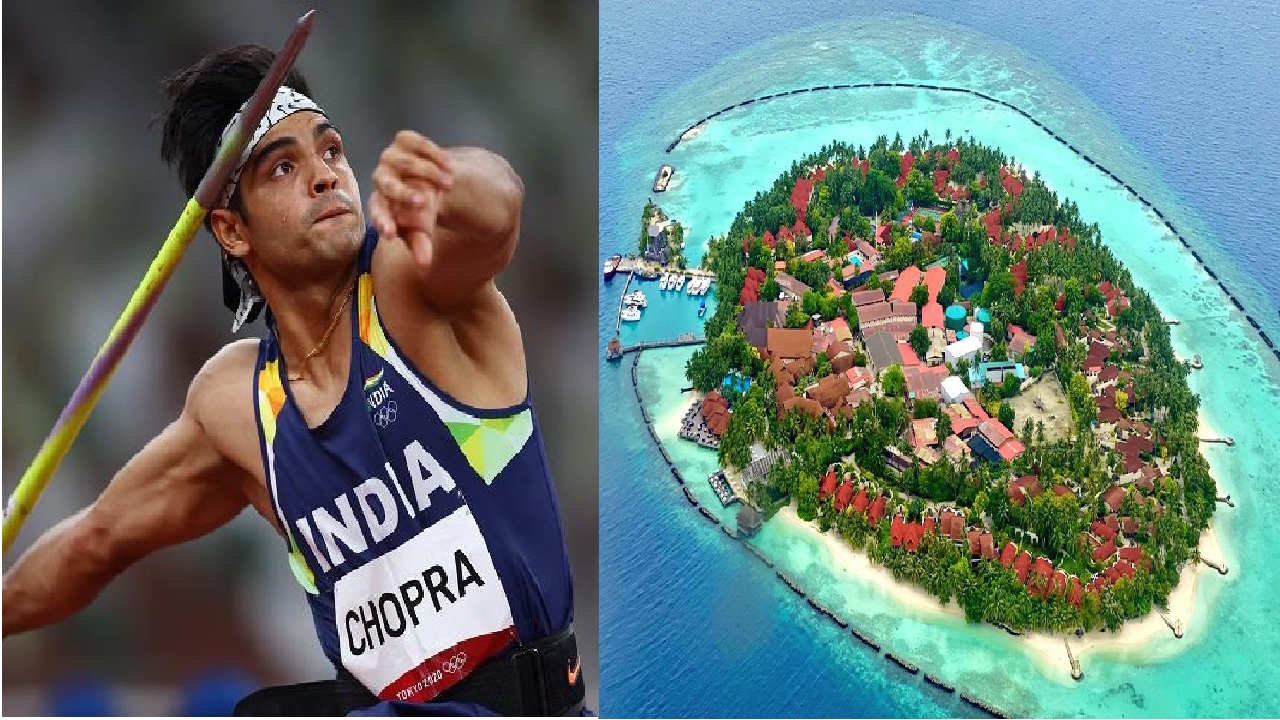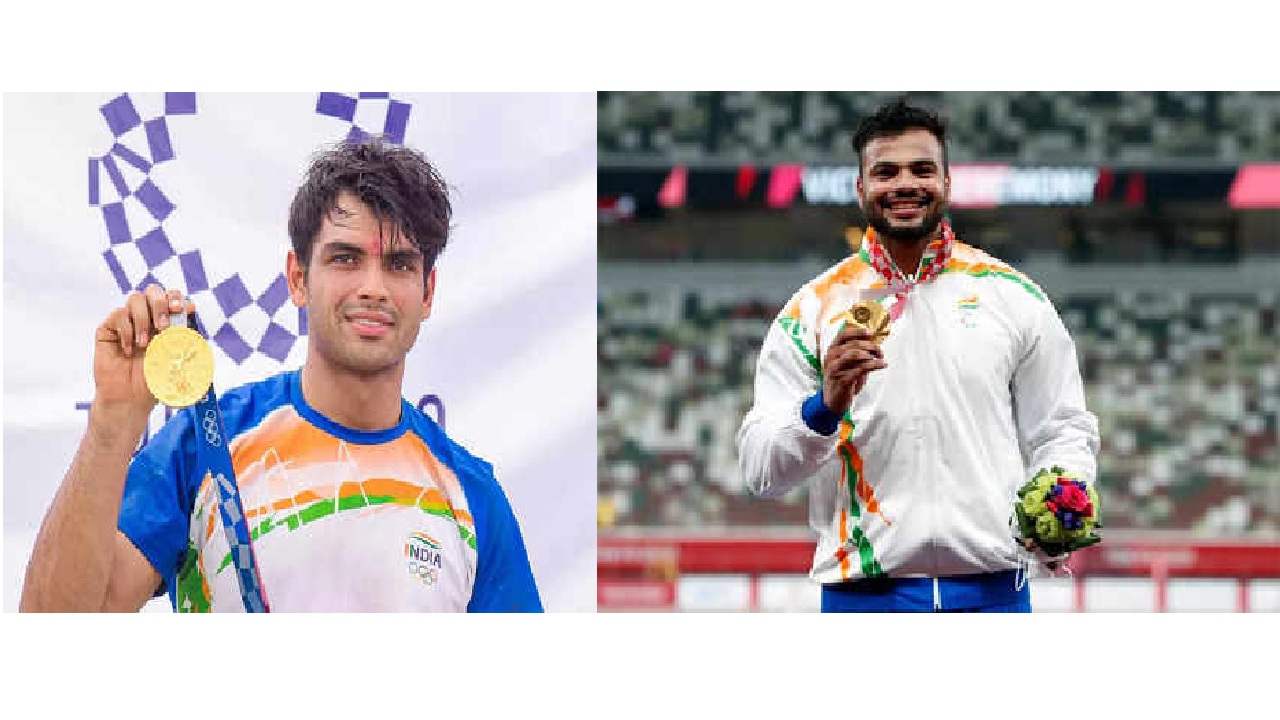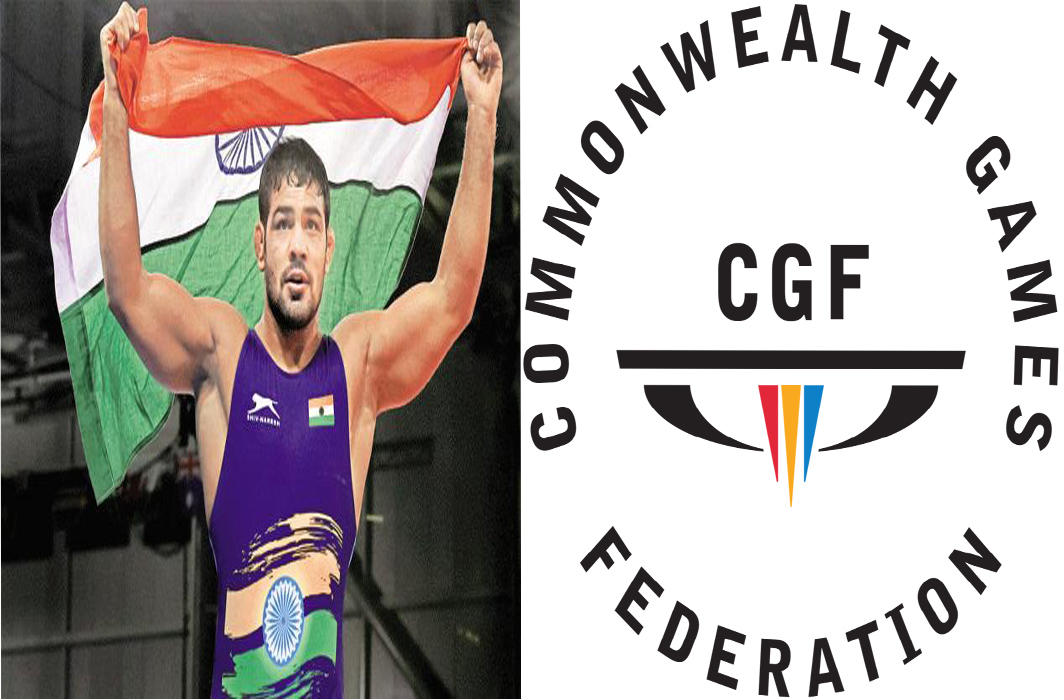LATEST SPORTS NEWS
A Sports Plan for India: conceived and directed by bureaucrats
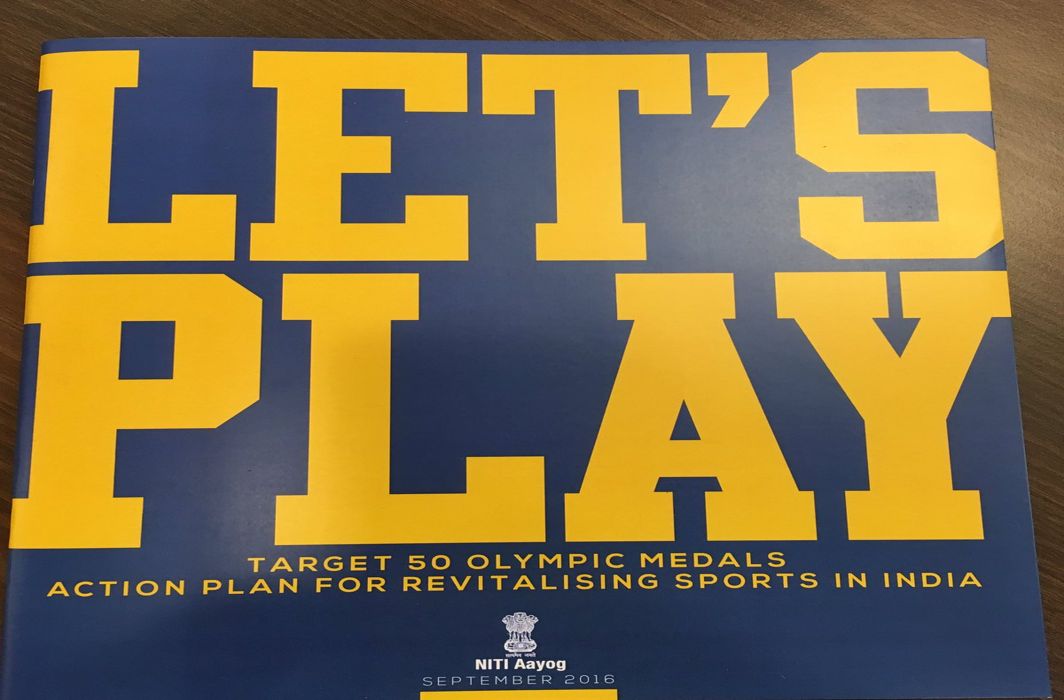
By Sanjiv Bhatia
The recent success of Indian athletes at the Asian games must be applauded. Five Hundred and seventy athletes competed in thirty-nine sports to win a total of 69 medals. It is time now to think ahead on how to build on this success and take Indian sports forward.
The NitiAyog has come up with a plan called First Play which lays down a strategy for getting India 50 medals in the 2024 Olympics. For a country that won two medals in 2016, and has a total of 23 medals over the last 70 years, this goal seems to be a real stretch. What makes this goal sheer delusion, however, is NitiAyog’s plan to get there.
Bureaucrats run the NitiAyog. They are bright people and surely mean well for the country. But they are programmed to find solutions that run through the government machinery. More government involvement, more policies, more regulations, and more committees are their solution to all problems. It is baffling that an institute tasked with transforming India would ignore the inexorable truth that market-based solutions that allow individuals to pursue goals based on their own set of skills and incentives are the best way to achieve optimum performance.
Niti’sFirst Play plan includes, among other things, ‘targeting’ ten priority sports based on past success and something they call ‘high winning potential’. It sounds like the License Raj policy that destroyed India’s economic growth for five decades. Allowing bureaucrats and politicians to pick priority sectors did not work for our economy and will certainly not help Indian sports. If anything, it assures political meddling since prioritised sports will get higher public funds. For example, Haryana, which produces a high number of wrestlers, will unquestionably want wrestling to be a priority sport.
Neeraj Chopra, India’s Javelin throw Gold medallist, would never succeed under Niti’s plan because Javelin would have never been a priority sport. It has no track record of success. Neither would Swapna Barman who won the Gold in Heptathlon nor would we have seen the likes of Milkha Singh and PT Usha winning in a sport like 400 meters which in their days would not have been a priority sport. And DipaKarmakar, the Indian gymnast would not have medalled at the 2016 Olympics, because gymnastics has little history in India and would not be prioritized.
It has always been the success of an elite athlete that increases participation in a sport. It was the success of Mark Spitz that provided an impetus for the next generation of U.S. swimmers like Michael Phelps and not some wacky government prioritisation scheme. Likewise, Usain Bolt’s success has ignited more athletic interest in Jamaica than any government scheme. Let natural talent decide which sports India medals in, not some bureaucrat or politician.
A good model for India to follow is the USA, a country which has dominated world athletics with over 2500 Olympic medals over the last hundred years, and where the government has absolutely no involvement in sports. The United States Olympic Committee is a non-profit organisation funded entirely through private sources, but more importantly, also privately managed. Unlike India, the USA does not have a Ministry of Sports. So, one has to ask the question that with no government funding of its Olympic efforts, and no Ministry for sports how has the U.S. performed better than other countries over the last ten decades?
The answer is straightforward. Government bureaucracies and Ministries are not a help but a hindrance for optimum athletic performance. It is the freedom to pursue one’s dreams and the monetary rewards that follow from winning that has led to an explosion of talent in U.S. sports. Let’s mimic this successful model in India. The country unshackled its economy from government controls in the 1990’s and per capita income grew ten-fold over the next two decades. If India does the same for sports, its medal tally could also increase ten-fold. Let private sports companies develop business models to find, train and support the best athletic talent. A market-based process which creates the right incentives for private companies to unearth the best talent, to provide them with the best in facilities and coaching, and to produce world-class athletes, should be the bedrock of India’s sports policy.
To win 50 Olympic medals the country needs to make sports a business. Athletes, from beginners through to high-performance amateurs or professionals, represent the basis of the sports industry. They are the engine of the sports economy. They create demand for coaches and trainers, they are consumers of manufactured sporting goods, and they use the sporting facilities. High-performance athletes attract people to the stadium for amateur or professional sports events, and their performances are broadcast on TV. The economic activity related to the sport and recreational service industries also has a broad impact on the economy. Thousands of jobs tied directly to sporting activity are created by new companies engaged in the discovery, management, training of athletes, and manufacturing of sporting, athletic and recreation equipment.
The world of professional sports operates entirely in the private domain. Whether it is professional basketball in the form of the NBA, or global soccer clubs like Manchester United, Real Madrid, Chelsea–every one of them is privately owned or has shares traded on a stock exchange. That is the direction for sports in India. Some of it is already happening and private clubs in Cricket, Soccer, Tennis, Badminton, and even Kabaddi have found a way to monetise themselves using the power of private enterprise and the free market.
Private sports clubs and schools, similar to the ones in Norway and Finland, must be encouraged. Private sports management companies armed with the best functional movement and muscle testing equipment could identify potential athletes from a very early age. One of the world’s largest sports management company, IMG, has designed a systematic approach that tests athletes to assess their performance levels using sport-specific standardised tests. There are even some new, but unproven, genetic tests which can show the disposition of a person towards a particular sport. All of this science is now coming into the sports business, and private capital would jump at the opportunity to deploy it in a massive market like India.
Eventually what will make India a successful sporting country is not more government involvement but creating the right incentives for the athletes. And these incentives are best created by a free market which is unencumbered by government control. Corporate sponsorship is a form of survival for most athletes. It covers the cost of living and training for athletes. Private sports management companies could be invited to invest in the development of Indian athletes. These companies are in the business of finding talent, paying for their training, finding the best trainers, coaches and performance psychologists, and eventually benefiting themselves and the athletes they represent by maximising their sponsorship value. Michael Phelps alone has won more medals in the last four Olympics than India has in over seventy years, yet he has never received a penny from the US government; sponsorship pays for his living and training.
In the 2018 budget, the government of India allocated almost Rs 2196 crores for sports. Bureaucrats and politicians still control and run the country’s sports. The NitiAyog’sFirst Play plan is just more of the same thing: more government involvement, more rules, more government agencies, more bureaucracy, and more corruption. India needs to transform the way it thinks about sports. Sports should become an industry with its sports schools, sports clubs, private coaching academies, sports management companies, equipment manufacturers, professional leagues, TV rights, sponsorships etc. The Sports Ministry should be abolished, and all regulatory barriers to entry should be removed to allow private sports management companies to find, adopt, train, support, and convert Indian athletes into world-class medal winners.
The only way to get to 50 medals by 2024 is to get the government out of the business of managing sports. Otherwise, like the bureaucrats at the NitiAyog, we can all keep dreaming.
The author is a financial economist and founder of contractwithindia.com
Cricket news
IPL 2024: Yashasvi Jaiswal hits brilliant century to help Rajasthan Royals beat Mumbai Indians by 9 wickets
Yashasvi Jaiswal looked in top class form as he was the top-scorer of Rajasthan Royals with 104 runs off 60 deliveries. He was well supported from Jos Butler (35) and Sanju Samson (38*) as Rajasthan Royals emerged victorious by 9 wickets.
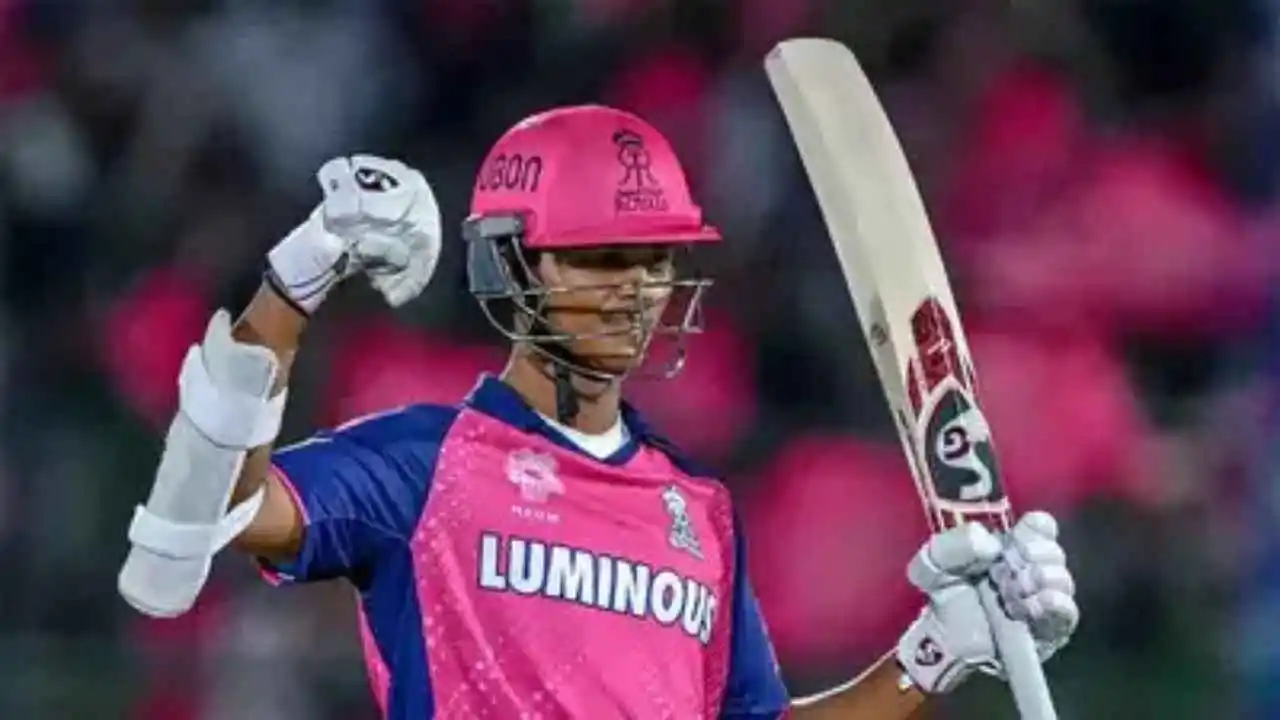
Yashasvi Jaiswal hit a brilliant century as Rajasthan Royals defeated Mumbai Indians by 9 wickets in their IPL match in Jaipur on Monday. Sandeep Sharma took a maiden 5-wicket haul to help Rajasthan Royals restrict Mumbai Indians to 179/9. After the rain interrupted the match RR chased down the total of 180 with 8 balls to spare.
Yashasvi Jaiswal looked in top class form as he was the top-scorer of Rajasthan Royals with 104 runs off 60 deliveries. He was well supported from Jos Butler (35) and Sanju Samson (38*) as Rajasthan Royals emerged victorious by 9 wickets.
Earlier, Trent Boult (2/32) sent back Rohit Sharma (6) to the pavillion in the first over itself, while Sandeep sharma took a 5 wicket haul and claimed the wickets of Ishan Kishan (0) and Suryakumar Yadav (10) in successive overs to reduce Mumbai Indians to 20/3 after they opted to bat first. But Tilak Varma brought his team back into the game and hit 3 sixes and five fours scoring 65 runs. He was well supported by Nehal Wadehera (49 from 24 balls) as the duo forged a partnership of 99 runs from 52 deliveries for the 5th wicket.
Rajasthan Royals bowler Sandeep Sharma took a 5 wicket haul against Mumbai Indians. He said his plan was to use variations and cutters while he tore down the Mumbai Indians batting line up. He picked up 5 important wickets and gave away just 18 runs in his 4-over spell at an economy rate of 4.50.
While speaking at the post-match presentation, Sandeep Sharma said he felt good after a comeback from injury. The 30-year-old pacer added that he was enjoying every game in the ongoing season of IPL. After this victory, the Rajasthan Royals hold the top spot in the IPL 2024 standings with 14 points. Meanwhile, Mumbai Indians stand in 7th place place with 6 points.
Cricket news
Rohit Sharma criticises impact player rule, BCCI reacts
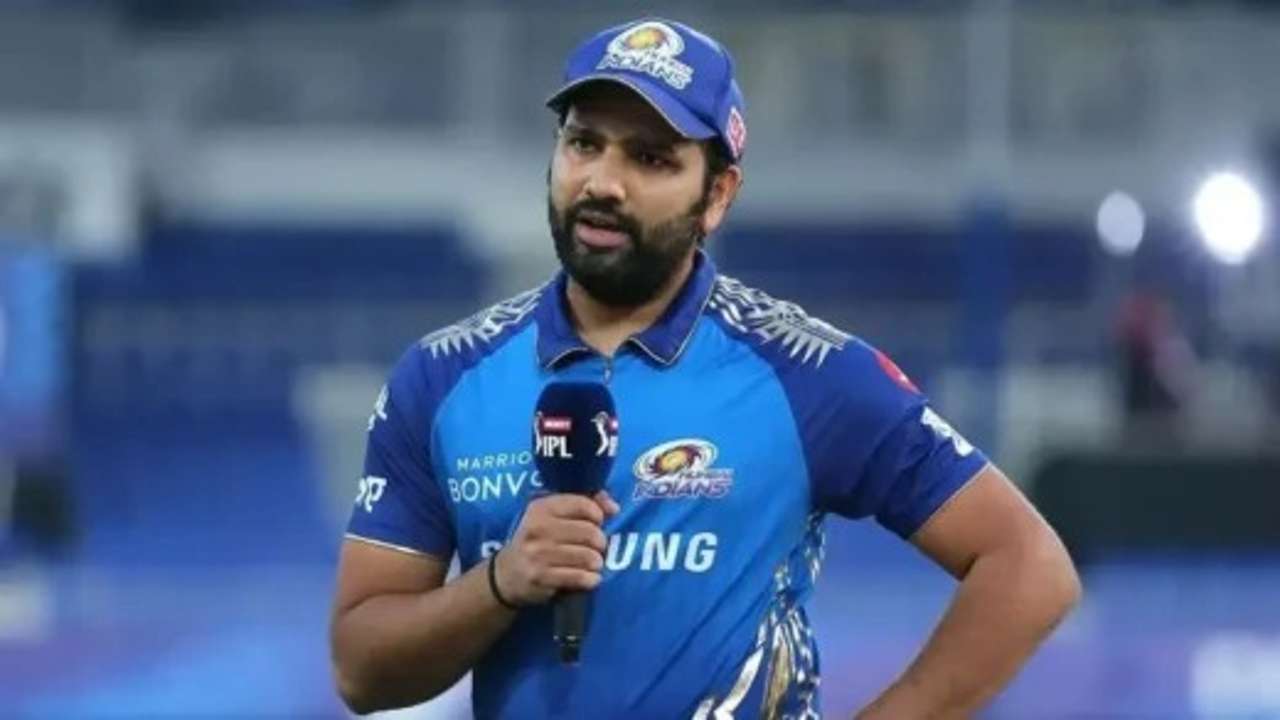
India captian and Mumbai Indians star cricketer Rohit sharma criticised the impact player rule and sad that he is not a big fan of it. Now, BCCI has responded to Sharma’s comment and said that they will reevaluate the rule.
Indian Premier League (IPL) chairman Arun Dhumal also acknowledged this and said that every decision has advantages and disadvantages, he also mentioned BCCI is prepared to review the regulation when the current IPL season concludes.
Ahead to being established in the IPL, the impact player rule was initially put into effect in the Syed Mushtaq Ali T20 tournament in 2022–2023. There have been many expert comments regarding the rule that has been in place for almost two editions of the prestigious T20 tournament, with the many of players being against it.
Since this remark has been made, they will certainly analyze it and talk to everyone concerned and then the board will take calls, Dhumal said.
Every rule that is in place has a number of advantages and disadvantages. Nothing about its execution is set in stone, so after the season ends, they are open to any discussion, he continued.
Earlier, Rohit Sharma also discussed how the impact player rule is reducing the role of all-rounders in the sport.
Sharma said, he is not a big fan of Impact sub rule. All rounders will eventually be held back because cricket is ultimately played by 11 players, not 12. To make the game exciting for everyone around you, you are taking a great deal from it. During an interew the hitman said, if the audience look just at the cricketing side of things, he feels guys like Shivam Dube and Washington Sundar aren’t getting to bowl, which is not a good thing for them as a team.
He continued saying that there are 12 players, it’s interesting, and after the team or the captain sees how the game and the pitch are playing, they might turn on the impact player. You can add another bowler, giving you a total of six or seven bowlers, if the team bats effectively and don’t lose wickets. Many teams are hitting well up front, and he hardly ever sees a No 7 or No 8 coming to bat, so the team doesn’t need that additional batter, Rohit Sharma said.
Cricket news
Rinku Singh breaks Virat Kohli’s gifted bat, asks for another one ahead of KKR vs RCB
Rinku Singh asked Virat Kohli for another bat after breaking the one he received after the last KKR vs RCB match
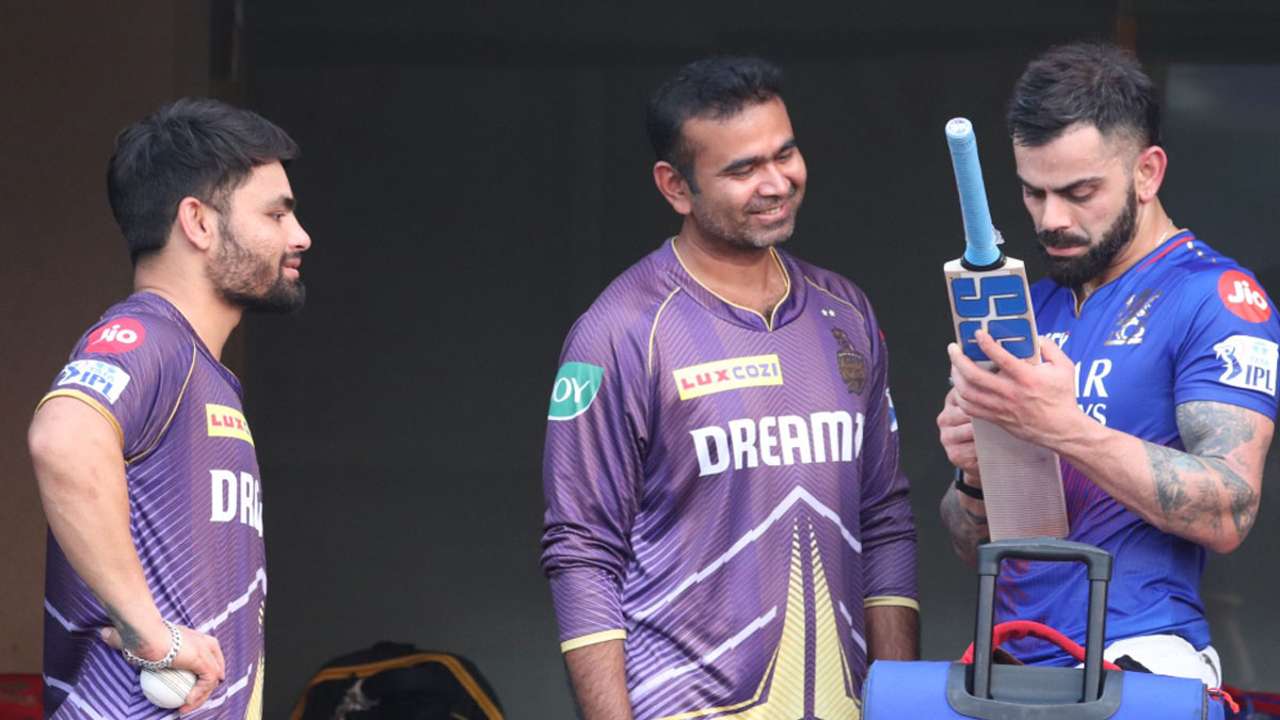
Kolkata Knight Riders batter Rinku Singh had a hilarious yet strange conversation with Virat Kohli ahead of the KKR vs RCB match at Eden Gardens. The clash, which is scheduled for Sunday, April 21, in Kolkata, is the rivalry’s inverse.
KKR destroyed RCB at their home ground, the M Chinnaswamy Stadium, in the first leg of the match. The players on both teams’ mutual admiration for one another was one of the rivalry’s highlights.
In that particular game, Virat Kohli had gifted one of his bats to Rinku Singh. Rinku, however, broke the bat when playing a spinner in the Indian Premier League, and he then wisely asked Kohli for a replacement bat before the KKR vs. RCB match.
KKR cameramen captured the event, whether it was scripted or not, as Rinku was seen telling Kohli that he had already broken his bat. A little angry Kohli asked for specifics of the whereabouts and questioned if Rinku was asking for a second bat as Rinku was examining two of his other bats. Before Rinku could respond, Kohli warned the KKR batsman that he would run into problems later in the tournament if he gave Rinku 2 bats in two matches.
In the video, Rinku was seen talking to Kohli, and was heard saying in Hindi that Bhaiya apki bat toot gayi, aapki kasam, dobara nahi todunga bat, to which Kohli replied 2 match mein tujhe 2 bat dun?
Meanwhile, the bat served as a token of appreciation for Rinku’s contributions to KKR and the Indian squad, as well as his rise to the position of finisher. In addition, the video showed the players from RCB and KKR conversing with one another following the game, demonstrating excellent sportsmanship and respect.
RCB has come to Kolkata in an attempt to restart their campaign. The team needs to win its final five games to have any chance of making it through the tournament.
-
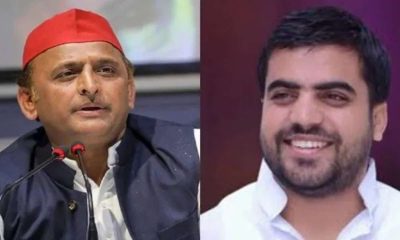
 2024 Lok Sabha Elections22 hours ago
2024 Lok Sabha Elections22 hours agoSamajwadi Party fields Lalu Yadav’s son-in-law Tej Pratap from Kannauj
-
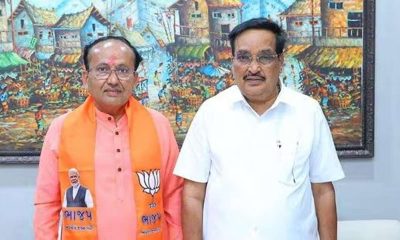
 India News23 hours ago
India News23 hours agoLok Sabha elections: BJP candidate Mukesh Dalal wins from Surat after opponents remain out of fray
-
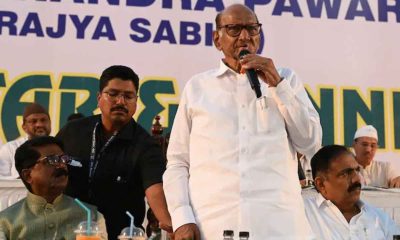
 2024 Lok Sabha Elections4 hours ago
2024 Lok Sabha Elections4 hours agoNCP (SP) leader Sharad Pawar says Prime Minister Narendra Modi is trying to create fear like Russian President Vladimir Putin
-
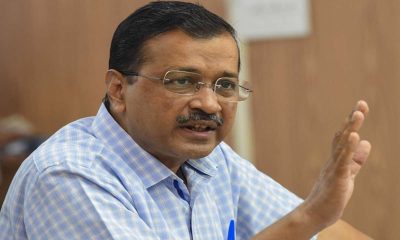
 India News5 hours ago
India News5 hours agoArvind Kejriwal given insulin in Tihar jail after sugar levels touch 320
-
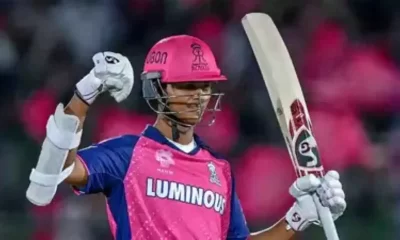
 Cricket news5 hours ago
Cricket news5 hours agoIPL 2024: Yashasvi Jaiswal hits brilliant century to help Rajasthan Royals beat Mumbai Indians by 9 wickets
-
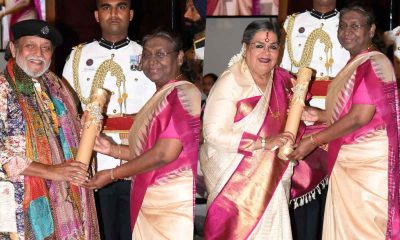
 Entertainment3 hours ago
Entertainment3 hours agoMithun Chakraborty, Usha Uthup honoured with Padma Bhushan
-
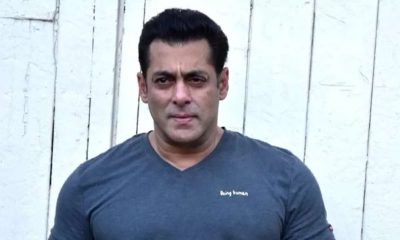
 India News4 hours ago
India News4 hours agoSalman Khan house firing case: Mumbai crime branch recovers gun, cartridges from Tapi River in Surat
-
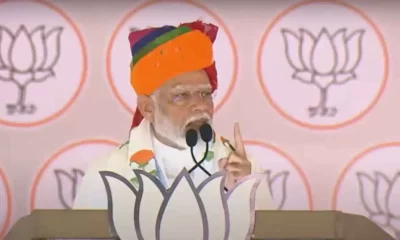
 2024 Lok Sabha Elections3 hours ago
2024 Lok Sabha Elections3 hours agoPrime Minister Narendra Modi says listening to Hanuman Chalisa under Congress rule is a crime



